The democrats believe in being liberal. They were led by Hillary.
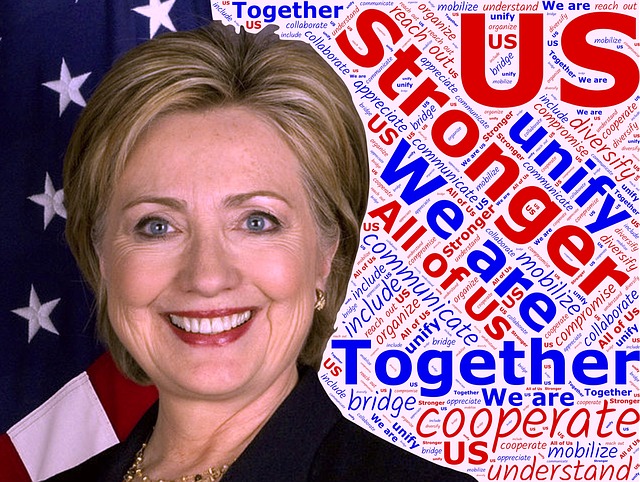
They think everything is possible.
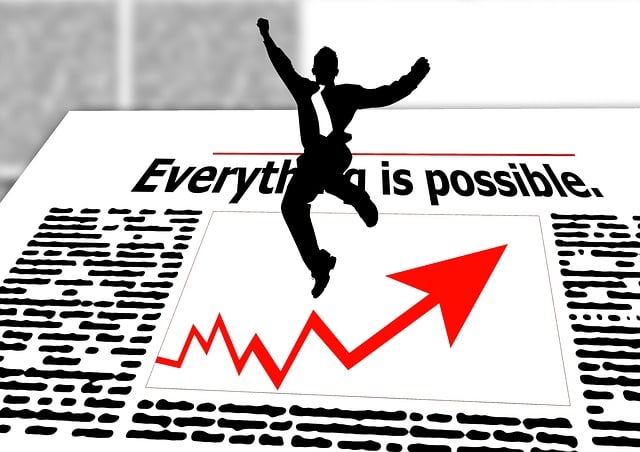
They are progressive.
Liberalism is a political philosophy that supports:
- Free speech
- Secularism
- Market economy
- High taxes
- Government control
- Welfare state
- Single payer health insurance
- Gun control
- Minimum wages

Bill Clinton was a democratic president.
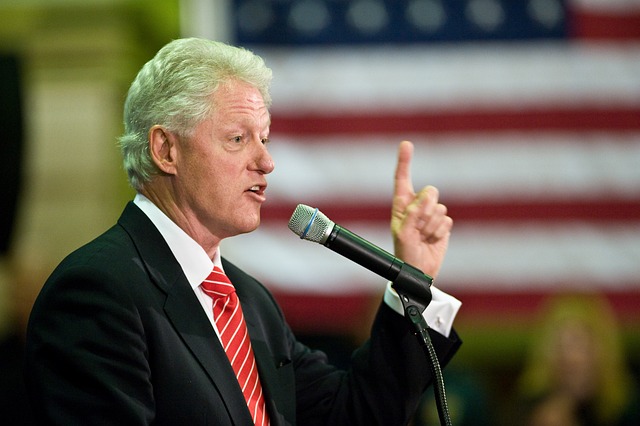
Liberalism
Pros:
- Progress and change: Liberal politics are often associated with progress and change, striving to make society more equitable and just.
- Open-mindedness: Liberals are often open to new ideas and perspectives, willing to challenge traditional ways of thinking.
- Emphasis on social welfare: Liberal politics often prioritize the well-being of society as a whole, promoting social welfare programs and safety nets for those in need.
Cons:
- Taxation: Liberal politics often involve higher taxes, which can be a burden for some people.
- Over-regulation: Some argue that liberal politics can lead to over-regulation, stifling innovation and economic growth.
- Polarizing: Liberal politics can be polarizing, with some people strongly opposing liberal policies and viewpoints.
I never thought much about politics until I found myself in a situation where I needed help. It was a difficult time in my life, and I was struggling to make ends meet. I had lost my job, and with it, my health insurance. I was facing mounting medical bills and didn’t know where to turn.
That’s when I discovered the benefits of liberal politics. The government programs that were put in place to help people like me were a lifeline. I was able to get the medical care I needed, and I received financial assistance that helped me pay my bills and keep a roof over my head. I realized that without these programs, I would have been in a much worse situation.
As I began to learn more about liberal politics, I realized that it wasn’t just about helping people like me. It was about creating a society where everyone has the opportunity to succeed, regardless of their background or circumstances. I began to see the value in policies that prioritize education, healthcare, and social welfare. I realized that these policies aren’t just good for individuals, but for the entire country.

Obama was a recent liberal president of the US. Biden was vice president.
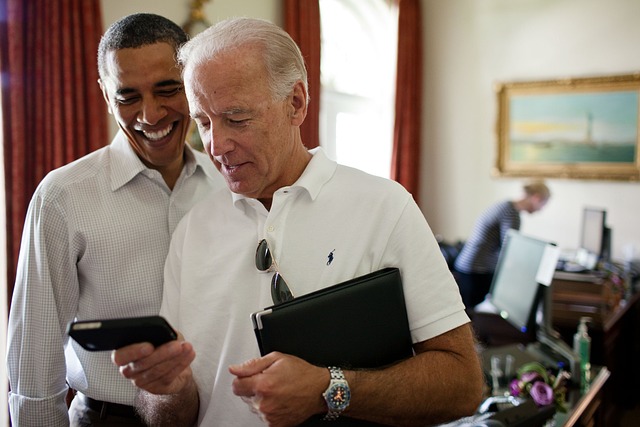
He loved to talk about the issues of the day.
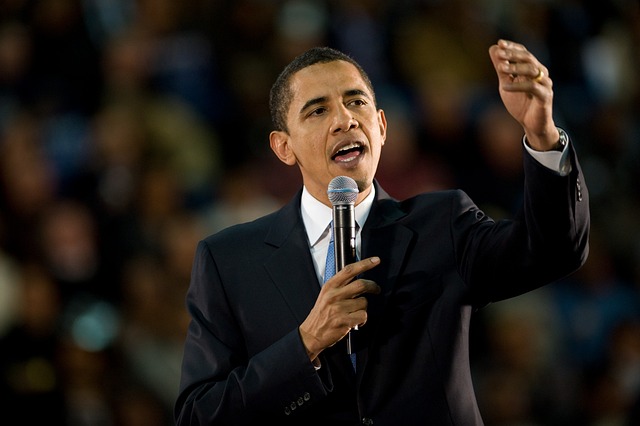
2. What are some key principles of liberal politics?
Key principles of liberal politics include:
- Individual rights and freedoms: Liberals emphasize the importance of individual liberties, such as freedom of speech, expression, and religion, as well as the right to privacy and equality under the law.
- Social equality: Liberals strive for a more equitable society, promoting equal rights and opportunities for all individuals regardless of their race, gender, sexual orientation, or socioeconomic status.
- Government intervention: Liberals generally support a level of government intervention to address societal issues and ensure the well-being of citizens. This can include policies related to healthcare, education, social welfare, and environmental protection.
- Progressive values: Liberals often embrace progressive values, such as inclusivity, diversity, environmental sustainability, and social justice. They advocate for policies that reflect these values and work towards positive social change.
3. What are some policy areas that liberals focus on?
Liberals often prioritize policy areas such as:
- Healthcare: Liberals often advocate for affordable and accessible healthcare for all citizens. They may support policies like universal healthcare or reforms to expand healthcare coverage and reduce costs.
- Education: Liberals emphasize the importance of quality education and may support increased funding for public schools, affordable higher education, and initiatives to address educational disparities.
- Social welfare: Liberals often support social safety net programs to help those in need, including policies related to income assistance, food security, affordable housing, and unemployment benefits.
- LGBTQ+ rights: Liberals tend to be strong advocates for LGBTQ+ rights, including equal marriage rights, anti-discrimination laws, and protection of transgender rights.
- Climate change and environmental protection: Liberals often prioritize policies to address climate change, promote renewable energy, and protect the environment through regulations and international cooperation.
4. Are all liberals the same?
No, liberals, like individuals of any political ideology, hold diverse perspectives and may differ on specific policy issues. Liberalism encompasses a broad range of beliefs and can vary across different regions and countries. While there may be common principles, individual liberals may prioritize different policy areas or have nuanced positions within the broader liberal framework.
5. How do liberals differ from conservatives?
Liberals and conservatives often have contrasting viewpoints on issues such as the role of government, social policies, and economic principles. While liberals generally prioritize social equality, government intervention, and progressive values, conservatives often emphasize limited government, individual freedoms, and traditional values. These differences can lead to contrasting policy positions on various topics.
6. How do liberals engage in political activism?
Liberals engage in political activism through various means, including:
- Advocacy: Liberals often engage in grassroots organizing, lobbying, and public advocacy to promote policy changes aligned with their values. They may participate in marches, protests, and social media campaigns to raise awareness and mobilize support.
- Voting and elections: Liberals participate in electoral processes by voting for candidates who align with their political beliefs and values. They may also volunteer for political campaigns, donate to candidates or causes, and work to increase voter turnout.
- Community organizing: Liberals often engage in community-based initiatives to address local issues, build coalitions, and create positive social change. This can include volunteering, organizing community events, and supporting local organizations that align with their values.
8. Economic policies of liberals:
Liberals generally support economic policies that aim to reduce income inequality and provide social safety nets. They often advocate for progressive taxation, where higher income individuals and corporations are taxed at a higher rate to fund social programs and public services. Liberals may also support policies that promote workers’ rights, such as minimum wage increases, workplace safety regulations, and collective bargaining rights.
9. Immigration and multiculturalism:
Liberals tend to embrace diversity and support inclusive immigration policies. They often advocate for comprehensive immigration reform that offers a pathway to citizenship for undocumented immigrants and emphasizes the importance of family reunification. Liberals also value multiculturalism and promote policies that celebrate diverse backgrounds and protect the rights of minority groups.
10. Criminal justice reform:
Liberals often prioritize criminal justice reform to address issues such as mass incarceration, systemic inequalities, and racial disparities within the justice system. They advocate for alternatives to incarceration, such as rehabilitation programs and restorative justice practices. Liberals also support efforts to reduce harsh sentencing and improve the treatment of individuals within the criminal justice system.
11. International relations and human rights:
Liberals generally prioritize international cooperation and support diplomacy as a means to address global challenges. They often advocate for multilateral institutions and treaties that promote peace, human rights, and environmental protection. Liberals may also prioritize humanitarian aid and intervention in cases of genocide, human rights abuses, or humanitarian crises.
12. Women’s rights and reproductive health:
Liberals are often strong advocates for women’s rights and reproductive health. They support policies that promote gender equality, such as pay equity, equal representation in leadership positions, and protection against discrimination. Liberals also defend reproductive rights, including access to safe and legal abortion, affordable contraception, and comprehensive reproductive healthcare services.
13. Freedom of speech and civil liberties:
Liberals emphasize the importance of freedom of speech and civil liberties as fundamental rights. They support robust protections for free expression, including protections for dissenting opinions and marginalized voices. Liberals also advocate for the protection of civil liberties, such as privacy rights, freedom of religion, and equal treatment under the law.
14. Social programs and safety nets:
Liberals often champion social programs and safety nets to provide support to vulnerable populations. This can include programs like Medicaid and Medicare to ensure access to healthcare, unemployment benefits to assist those without work, and social security programs to provide income support for the elderly. Liberals generally see these programs as essential to creating a more equitable society and reducing poverty.
Washington DC is the center of government.
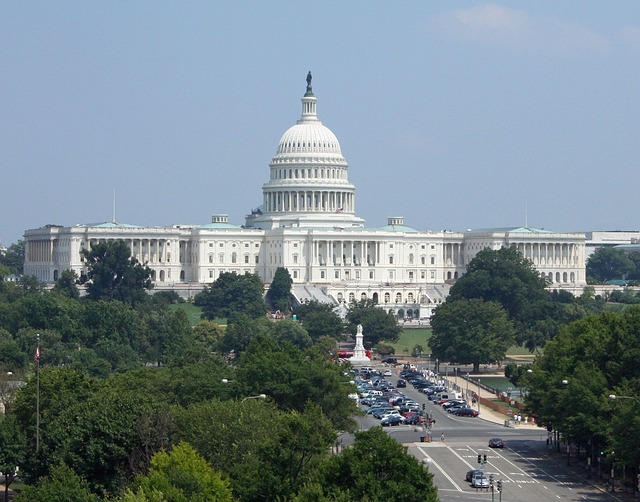
In the realm of politics, where ideas collide, There lies the realm of liberal pride. With principles rooted in equality’s embrace, Liberal politics seeks a fairer and juster space.
With a focus on individual rights and freedoms, Liberalism aims to dismantle unjust systems. From civil rights to LGBTQ+ equality, Liberal politics fights for inclusivity.
It champions social justice, seeks to erase, Discrimination based on gender, race, or place. It strives to break down societal walls, And ensure equal opportunities for all.
In the realm of economics, liberals stand, For policies that uplift the working hand. They seek to address income inequality, Through progressive taxation and opportunity.
Investment in education, healthcare, and more, To level the playing field and open new doors. Liberals advocate for social welfare, To provide support for those in need and despair.
They champion environmental protection, Understanding the urgent need for action. From climate change to sustainability, Liberal politics seeks a greener reality.
But in the realm of politics, opinions may differ, And not all may embrace liberalism’s shimmer. Yet it’s through dialogue and debate, That progress and change can truly be great.
So let us engage, with open hearts and minds, In conversations that bridge the political divides. For in the realm of liberal politics, we find, A vision of a fairer world, of humankind.
In the pursuit of a better society, Liberal politics aims to create unity. To uphold human rights and freedoms galore, And build a future that we can all adore.
As I settled into my new apartment in Brooklyn—a cozy one-bedroom with exposed brick walls and a view of the bustling street below—I quickly realized that the political climate was a hot topic among my new neighbors. One evening, while attending a community potluck, I found myself chatting with a group of fellow residents. We shared homemade dishes, from spicy Tex-Mex enchiladas to classic New York-style pizza, and the conversation inevitably turned to politics.
I listened intently as my neighbors passionately discussed issues like universal healthcare, affordable childcare, and homelessness. One woman, Sarah, a social worker, shared her experiences working with homeless individuals in the city. “It’s heartbreaking to see so many people struggling,” she said, her voice filled with emotion. “We need to do more to help them, not just with shelters but with comprehensive support services.” Her words resonated with me, and I began to reflect on how I had viewed these issues back in Texas.
As I continued to immerse myself in this new environment, I started attending local town hall meetings. I remember one particularly lively meeting at a community center where the topic of discussion was a proposed initiative for free healthcare for all New Yorkers. The room was packed, and the energy was palpable. I watched as people stood up to share their stories—some had faced exorbitant medical bills, while others spoke about the fear of not being able to afford necessary treatments. It was eye-opening to see how deeply these issues affected real lives.
While I had always believed in personal responsibility, hearing these firsthand accounts made me reconsider my stance. I found myself nodding along when speakers advocated for free healthcare and childcare, realizing that these services could provide a safety net for families and individuals who were struggling. I even met a young mother named Emily who spoke about how affordable childcare would allow her to return to work and pursue her career without the constant worry of how to pay for daycare. “It’s not just about me; it’s about building a future for my kids,” she said, and I felt a wave of empathy for her situation.
Over time, I began to embrace some of these liberal ideals. I started volunteering at a local food bank and saw firsthand the impact that community support could have on those in need. One day, while sorting through donations, I met a man named David who had recently lost his job and was struggling to make ends meet. He shared his story with me, and I was struck by his resilience and determination to get back on his feet. “I just need a little help to get back to where I was,” he said, and in that moment, I understood the importance of providing assistance to those facing hardships.
As I navigated this new political landscape, I found myself engaging in thoughtful discussions with friends and coworkers. I remember one particular debate with a colleague over lunch at a bustling café in Manhattan. We were enjoying delicious avocado toast and lattes from a local roaster when the topic of universal basic income came up. I had my reservations, but after hearing her perspective on how it could alleviate poverty and provide stability, I began to see the potential benefits. “It’s about creating a safety net,” she argued, and I had to admit she made some compelling points.
